
A street in Phuket, Thailand, is largely deserted during the pandemic. (Photo/Xinhua)
Analysts across region praise Beijing's confidence in relaxing COVID-19 rules
China's planned reopening to international travel in early January as part of an easing of coronavirus-related curbs comes as "the best news" for businesses and analysts in the Asia-Pacific region.
They said the moves by the authorities signaled their confidence in China's opening up and an ability to adapt to and accommodate the will of the people in their policies.
The easing of restrictions comes after China formally downgraded COVID-19 from a Category A to Category B infectious disease.
"The downgrade of restrictions that were placed due to COVID-19 is actually the best news in the last two years," Furkan Halit Yolcu, a research assistant at Sakarya University Middle East Institute in Turkiye, told China Daily.
"Almost every country was waiting for the first steps of normalization from the Chinese government. Even economic indicators have become responsive to the COVID-related decisions taken by the Chinese government," Yolcu said.
Yolcu also said the virus "disturbed an array of fields", and releasing the pressure on both the economy and the public "is going to become a cornerstone of a new era".
China's National Health Commission said in a statement on Monday that it would scrap quarantine requirements for international arrivals from Jan 8 and that they would only need to take a nucleic acid test within 48 hours of boarding their flights. The nucleic acid screenings and centralized isolation after arrival also will be canceled.
Sujoko Efferin, a professor at the Faculty of Business and Economics at Universitas Surabaya in Indonesia, said China's move benefits not only itself "but also developing countries in Southeast Asia, Latin America, Africa and the Middle East".
"I can understand that China gives the first priority to the safety of its citizens. So, it is a matter of choice. The most important thing is, now (China is) confident and ready for any consequences of the opening up," he said.
Positive sign
Mustafa Hyder Sayed, executive director of the Islamabad-based think tank Pakistan-China Institute, said China's shift in its decision "shows the receptiveness of the state to the people's wishes and demands", including the authorities' ability to adapt to and accommodate the will of the people in their policies. He said the move bodes well for the global economic outlook.
"I think that this would be very good, not only for China, because China is the biggest trading partner of all countries in Asia and also countries in Europe like Germany," Sayed said.
China's decision has been openly welcomed by embassies and tourism bureaus around the world, including those from Australia, New Zealand, Singapore and Thailand.
Australian Prime Minister Anthony Albanese said in an interview with the Australian Broadcasting Corporation that there is no change in his country's travel advice "at this point in time".
However, the United States, India and Japan are among countries that have imposed entry testing on Chinese travelers, with possible quarantine curbs.
Japan from Friday will require all travelers and returnees who have stayed in the Chinese mainland within seven days of entry to take on-arrival tests at a quarantine station, according to the Japanese Ministry of Foreign Affairs.
Japan on Wednesday recorded 415 COVID-19 deaths, the highest count for a single day.
Analysts have noted previous reports of the US and some other countries hounding China to reopen and "live with the virus".
"Those who want to isolate a huge and economically powerful country like China are actually isolating themselves. There are some geopolitical reasons behind them. But it will not last long," Efferin said. "Those who criticize China may be afraid of the return of China in the post-COVID era."
Ben Hanson, consultant physician and chief executive of the consultancy Rivers International Management Services in Dubai, expects China to go through a few months of challenges, "like so many other countries beforehand", following its reopening. He said losses can be mitigated by early use of antiviral medications that are highly effective.
He said the rest of the world desperately needs Chinese trade and Chinese visitors to stimulate their tourism and education sectors.
Efferin added: "From the economic perspective, I believe that China's role in strengthening the global economy is more important than ever."









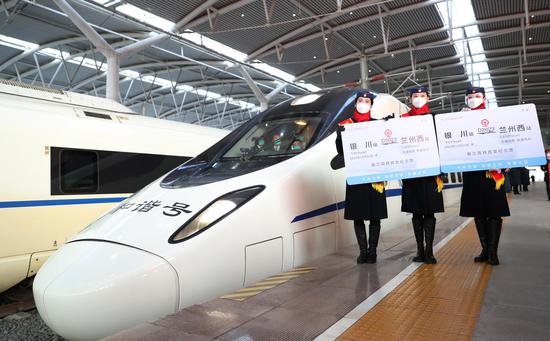



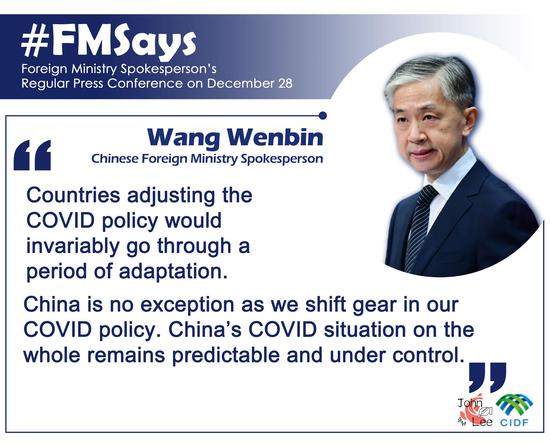
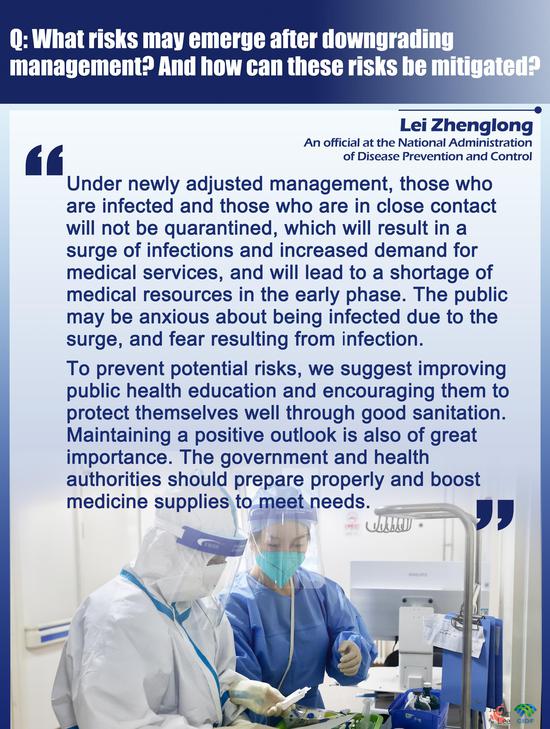
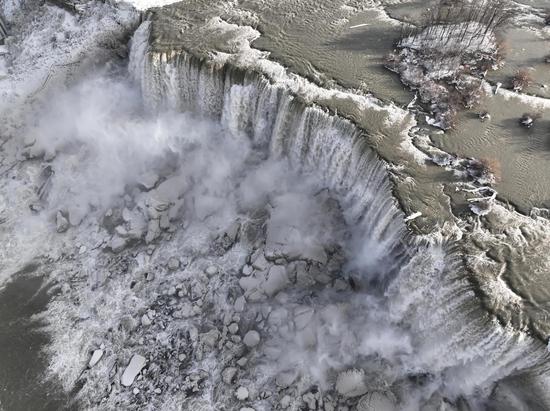
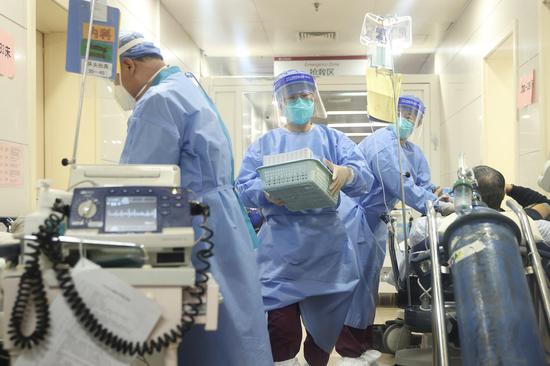
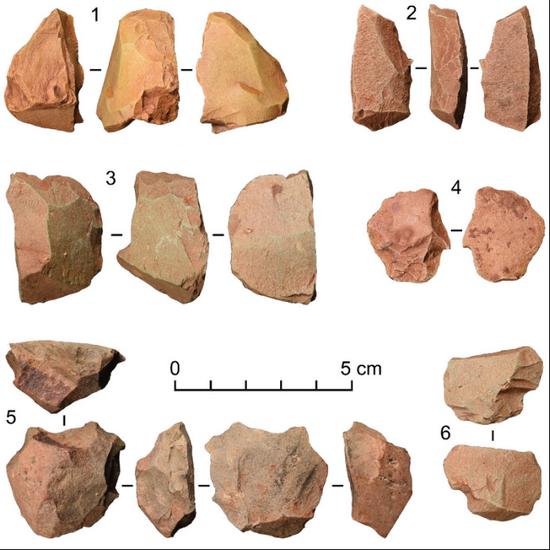

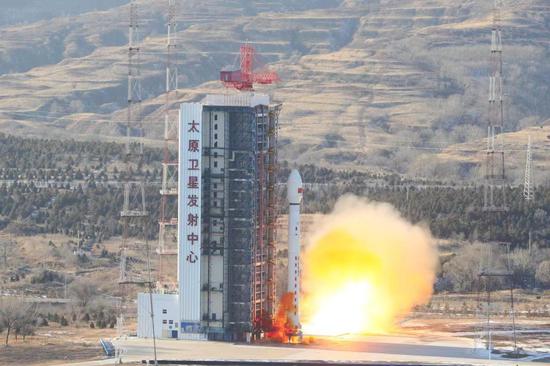


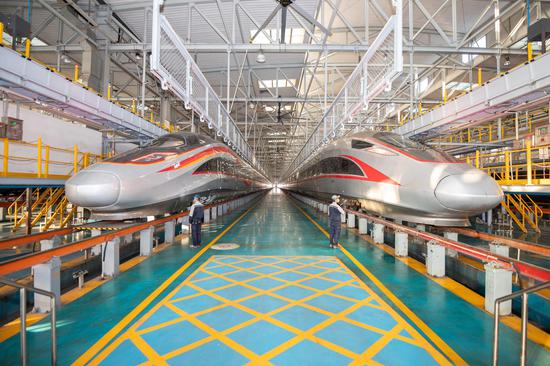
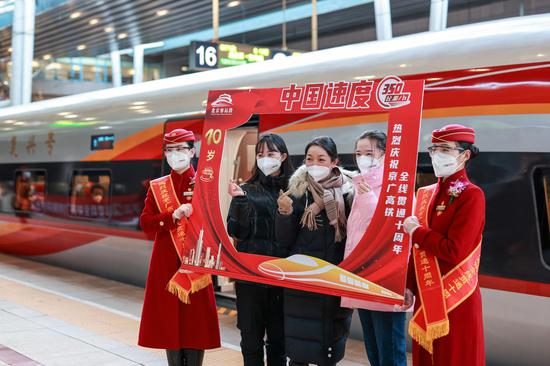
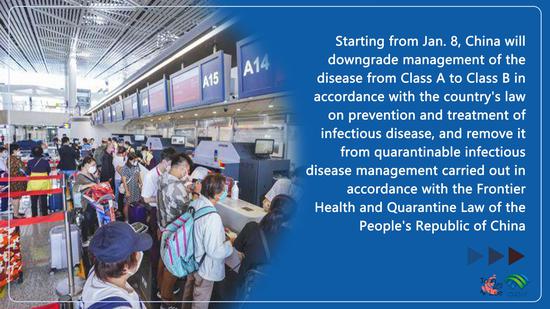


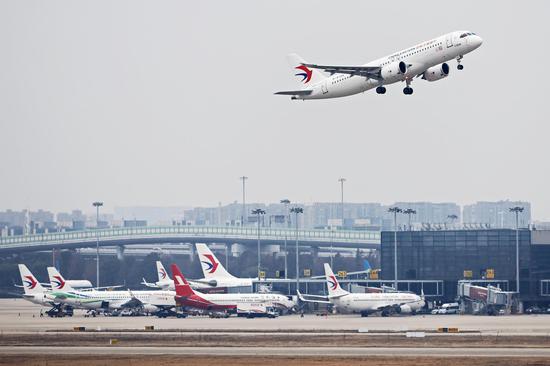

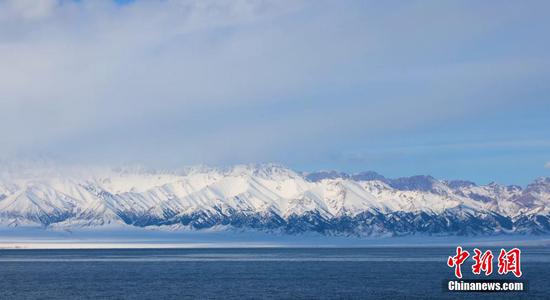
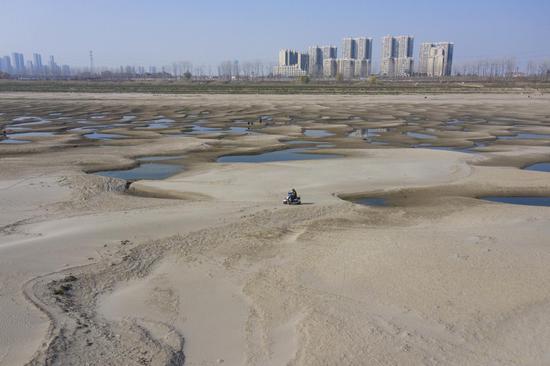
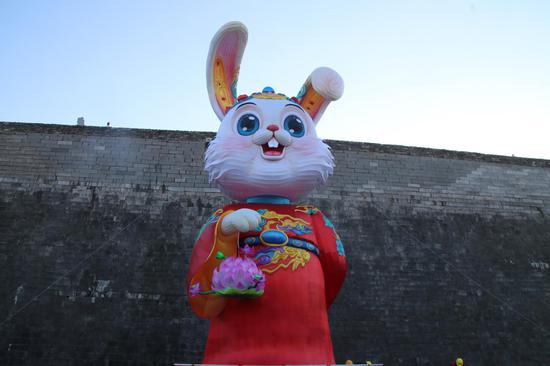


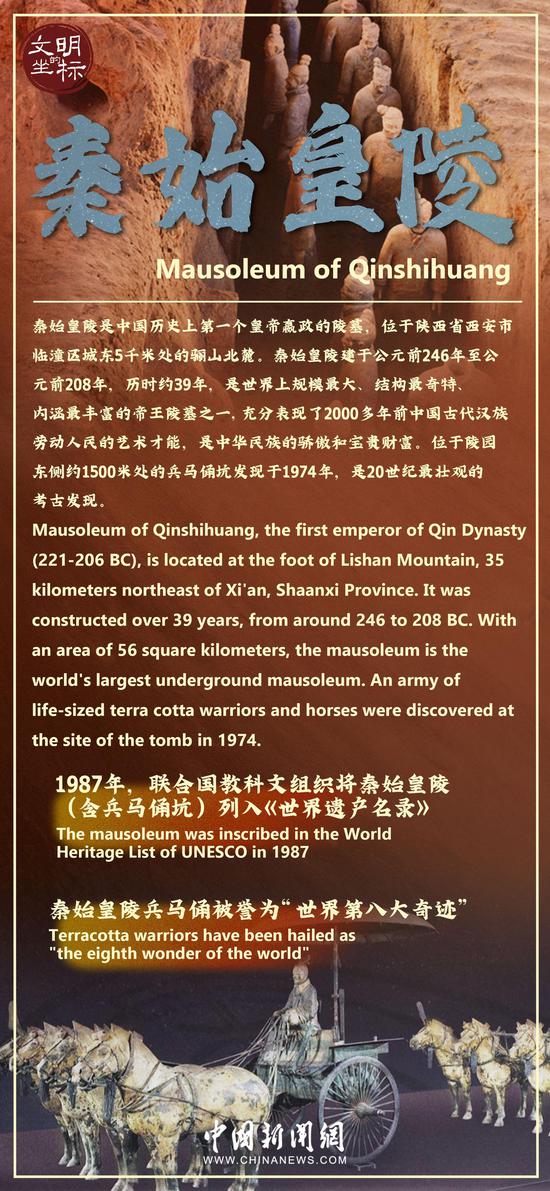
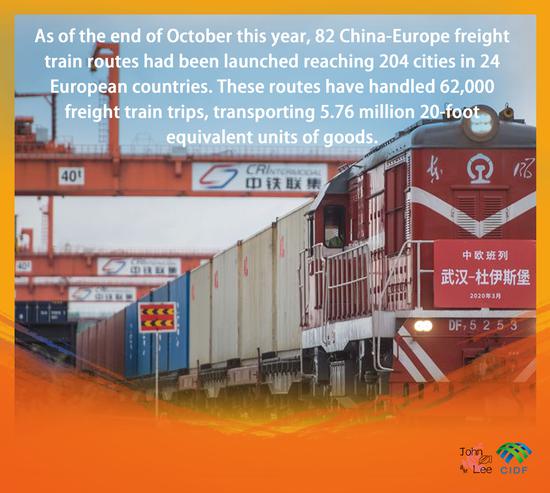
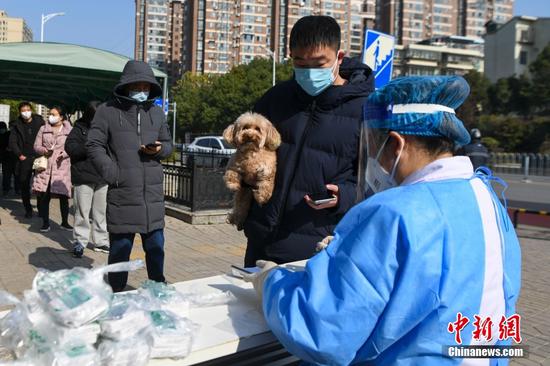


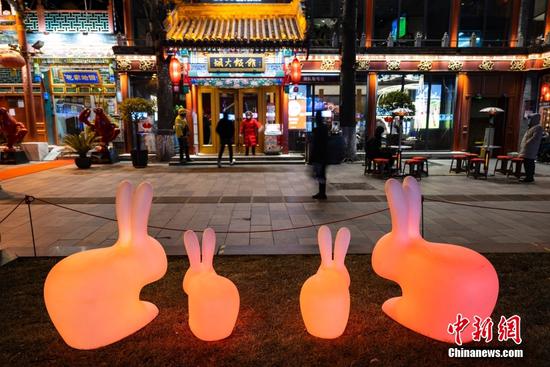
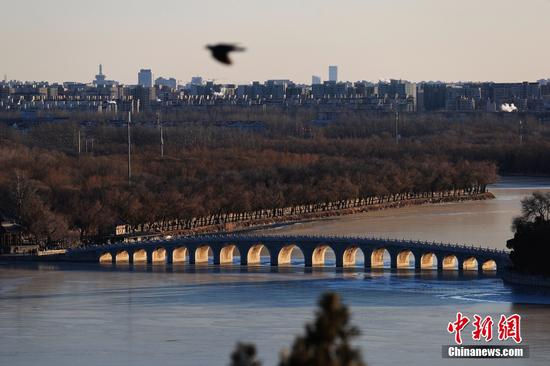


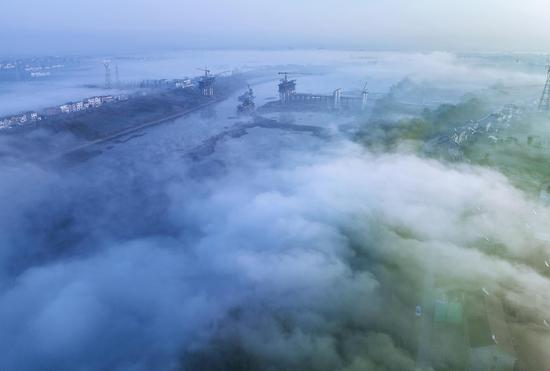






 京公网安备 11010202009201号
京公网安备 11010202009201号